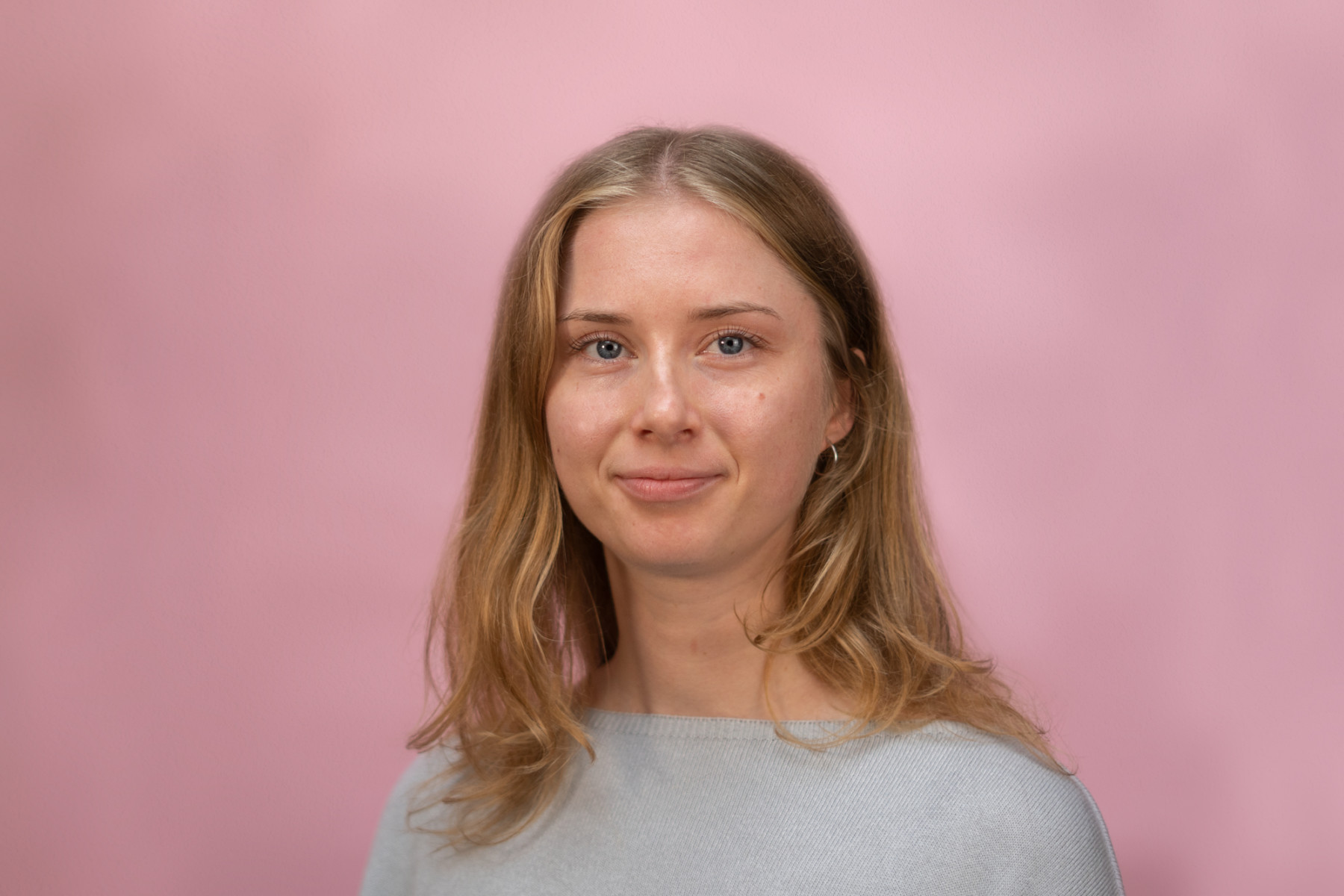Syllabus⇝
This immersive short course introduces students to the intersection of biology, material science, and design. Participants will engage in hands-on explorations of bioplastics, mycelium, and bioluminescent organisms, investigating how natural processes can inspire sustainable material creation and innovative design practices. The course bridges theoretical insights with practical techniques, fostering a deeper understanding of biofabrication and its potential for reshaping design paradigms.
Learning Objectives⇝
- Explore the properties and applications of bio-based materials, including bioplastics, mycelium, and bacterial cellulose.
- Gain hands-on experience in crafting materials using both hot and cold recipes, such as gelatine, sodium alginate, and bioresins.
- Understand non-academic research methodologies in bio-design through interactive sessions with experts.
- Develop an awareness of biohacking and its potential for sustainable innovation.
- Investigate the philosophical and ethical dimensions of "beyond human design" by exploring symbiotic systems and living materials.
Keywords: Bio-design, Biofabrication, Sustainable Materials, Beyond Human Design, Biohacking, Symbiosis
Schedule⇝
The following timetable is provisional and may undergo modifications and adaptations during the course.
Day 1: Crafted Materials - Bioplastics⇝
- Introduction to bio-design and crafting materials.
- Hands-on workshops creating bioplastics using hot (gelatine, agar agar, starch, bioresin) and cold (sodium alginate) recipes.
Day 2: Beyond Human Design (Wetlab)⇝
- Advanced exploration of living systems, including slime mold and bioluminescent bacteria.
- Inspirational talks and masterclasses with invited experts (online or in person).
- Optional activity: 3D printing with biomaterials.
Day 3: Growing Materials & Non-Academic Research (S-biotica)⇝
- Exploration of living materials: mycelium fungi, and bacterial cellulose (kombucha).
- Insights into non-academic research approaches in bio-design.
Materials⇝
All materials needed for the course will be provided by the faculty. The students are required to bring to the classes their own students toolkit and the programming boards given to them at the start of the academic year, other development boards, sensors and actuators will be provided during the classes. Bring in your laptop with the proper software installed prior to the class if required (emails will be sent prior to the classes regarding this aspect).
Deliverables⇝
deadline: February 2, 2025
In a video format / gif and upload it to your website :
- Document one crafted material of your choice
- Document one living material of your choice
Resources⇝
- DAY 1: Presentaion
Faculty⇝

Petra Garajová
Materials & Textiles
Petra is a Slovak designer with a background in architecture, exploring the boundaries of material science, digital manufacturing and textiles. Currently she is working in Fab Lab Barcelona as a Fabricademy Local Instructor. Her main interest arises from biology and waste materials which lie on the borders of various artistic disciplines. Nowadays, she is also a co-founder of the Experimental Design platform which is using fashion as a tool to reshape the connection between nature, soft materials and the human body using new technologies. Petra holds a Master’s degree in Arts and Architecture at the Academy of Arts Architecture and Design in Prague. After her architectural studies she graduated from Fabricademy – Textile and Technology Academy in Fab Lab Barcelona IAAC. During her studies she was part of Shemakes.eu European project as an Ambassador between Fab Lab Barcelona and TextileLab Iceland working on the Lab to Lab project – Rethinking Wool. Her Fabricademy final project was awarded the Young Scientist Award 2022.
